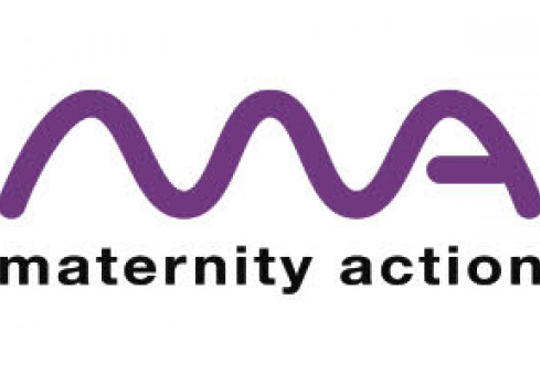By Annah Psarros, senior policy officer, Maternity Action.
Maternity Action is the UK’s maternity rights charity dedicated to promoting, protecting and enhancing the rights of all pregnant women, new mothers and their families to employment, social security and health care. Our work addresses some of the wider determinants of health that underpin health inequalities. Through our specialist advice services, we see how employment, income and housing circumstances can impact on the health and wellbeing of pregnant women and new mothers.
We’re pleased to be a member of the Inequalities in Health Alliance (IHA) and strongly believe that more action is needed on the social determinants of health through a cross-government strategy to reduce health inequalities.
We also support the IHA’s work to highlight how the rising cost of living is continuing to have serious health impacts, particularly for those people living in more deprived areas. At Maternity Action, we’ve been tracking the impact of the cost-of-living crisis on pregnant women and new parents. We’ve explored the challenges being experienced when low rates of maternity pay and benefits combine with rising prices and seen how these social factors can have far-reaching consequences on health outcomes.
In our recent reports, A Perfect Storm, the accompanying literature review and our Cost of Living Survey series, we consider the impacts of low income and economic shocks on the health of pregnant women, new mothers and their families.
With the value of maternity pay being less than half of the national living wage and a little over one third of UK women’s median earnings, many women - including 58% of respondents to our survey - are cutting their maternity leave short for financial reasons. Women in our lived experience group told us about the impacts this had on their physical and mental health as well as breastfeeding and mother-baby bonding.
Pregnancy and maternity discrimination affects up to 77% of women. Poor employment practices, including inadequate health and safety provision, negative comments and outright discrimination cause pregnant women to leave or be pushed out of their jobs. Unemployment and economic disadvantage are associated with poor birth outcomes, including twice the odds of dying in childbirth or shortly after.
The cost-of-living crisis also brings additional challenges for vulnerable migrant women during pregnancy and new motherhood, particularly those who may not be eligible for mainstream maternity pay and benefits and who may be destitute and in insecure housing. This group also faces barriers to maternity care and are more likely to have booked late with a midwife and to have had fewer than the recommended number of appointments, both of which are associated with poor birth outcomes.
As the cost-of-living crisis enters its third year, we continue to track the impact. Our new survey aims to explore the experiences of women and families who have been on maternity leave at any point since January 2023 and the present day.
All mothers should be able to afford a healthy pregnancy and stress-free time to bond with their baby. As part of our cost of living on maternity campaign, Maternity Action is calling for the government to:
- raise maternity payments and expand eligibility,
- support women to access entitlements and remain in work, and
- improve support for asylum seeking and migrant women.
You can find our detailed recommendations here and read more about the impact of low income and the cost of living crisis in our reports.
Maternity Action is the UK’s maternity rights charity dedicated to promoting, protecting and enhancing the rights of all pregnant women, new mothers and their families to employment, social security and health care.
Maternity Action is a member of the Inequalities in Health Alliance (IHA), convened by the RCP, who are campaigning for a cross-government strategy to reduce health inequalities.
This piece is part of a series of guest blog posts by members of the Inequalities in Health Alliance.





